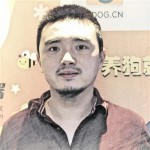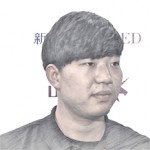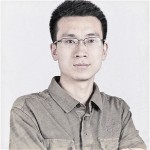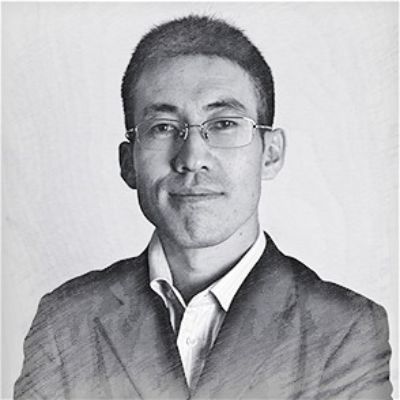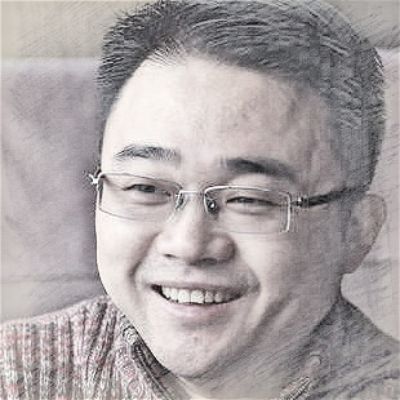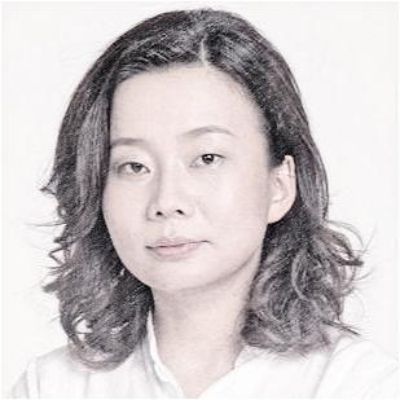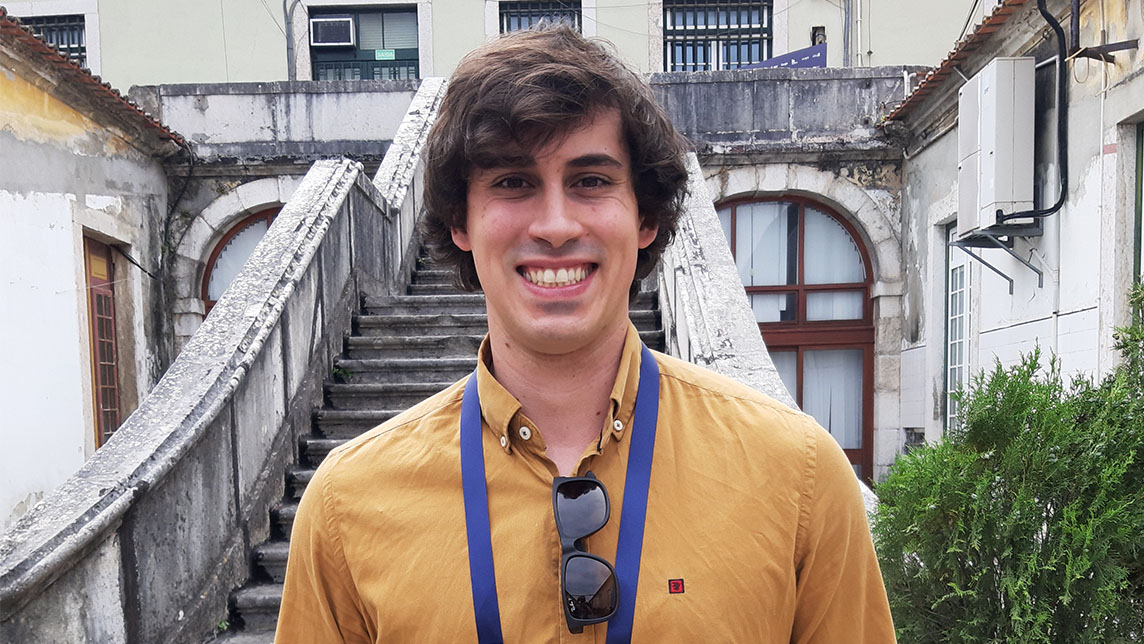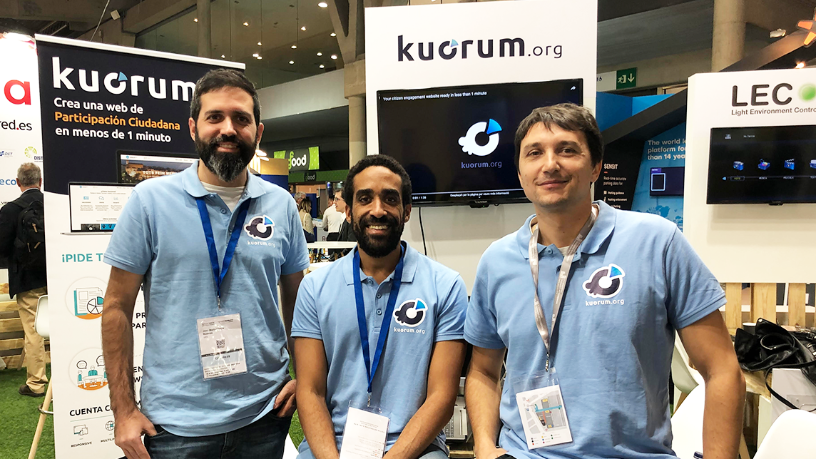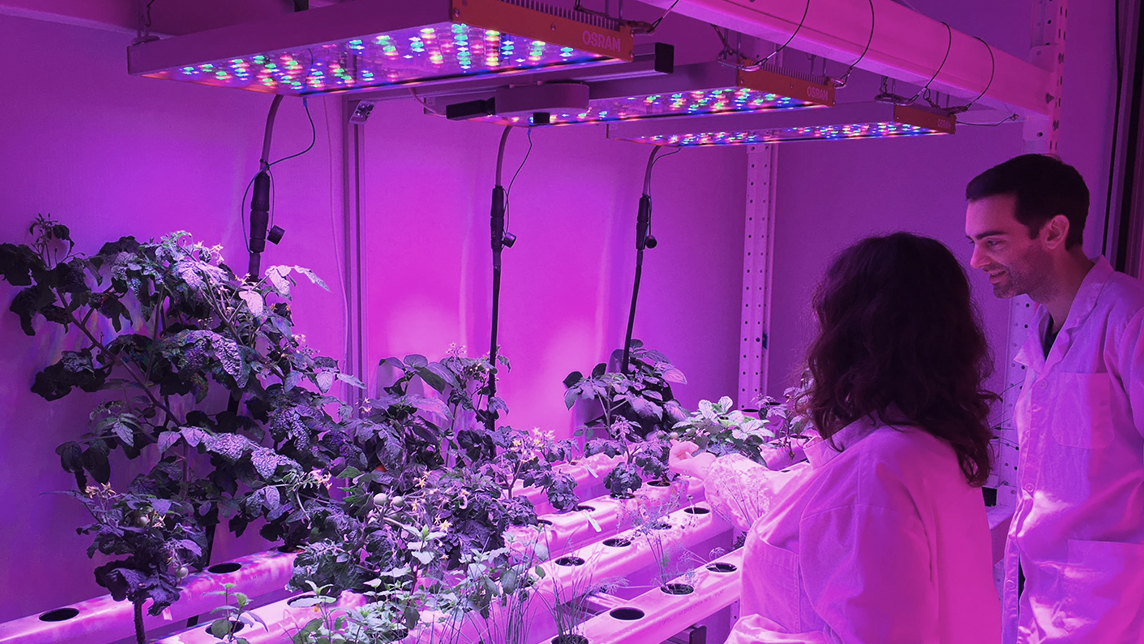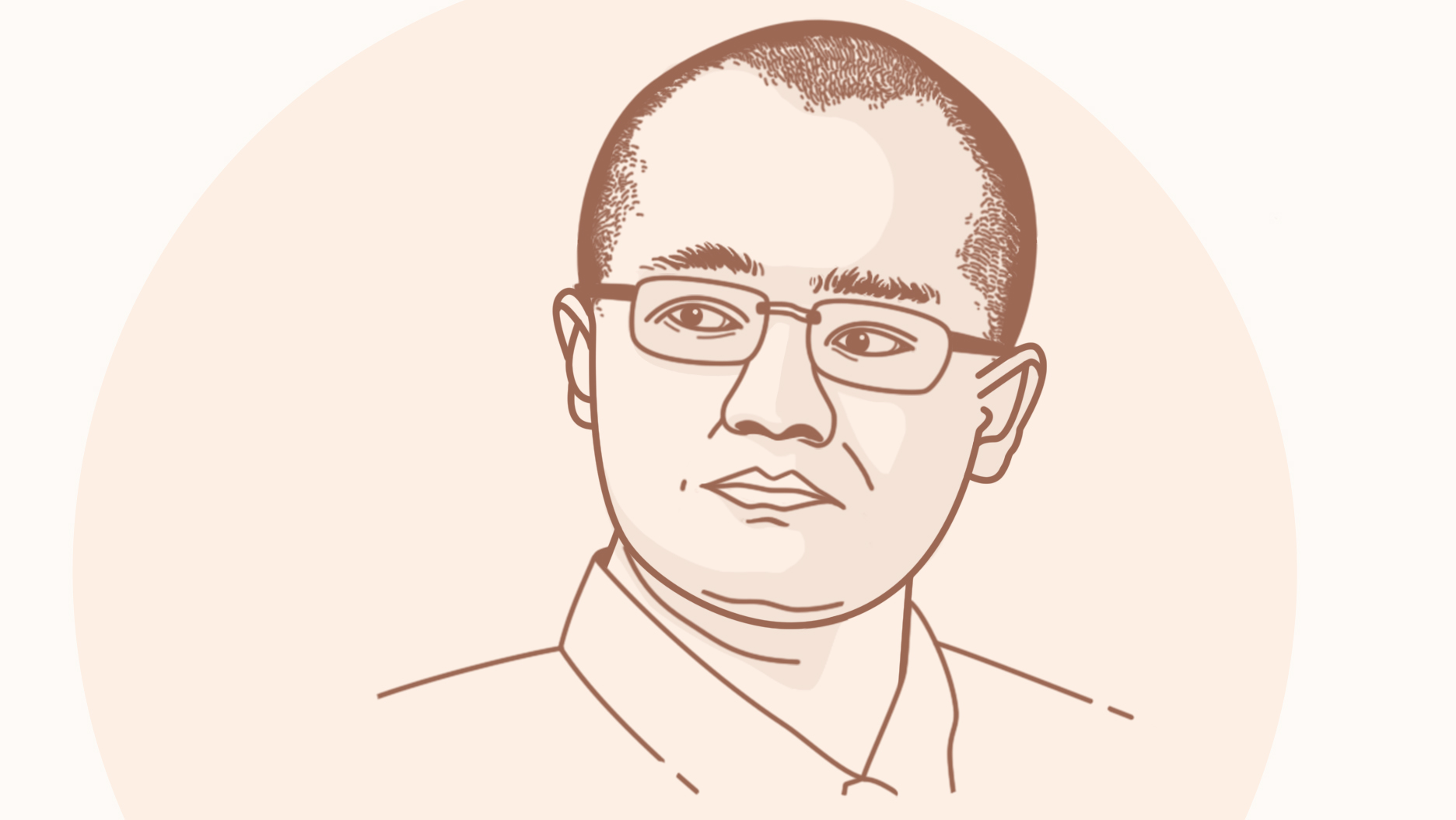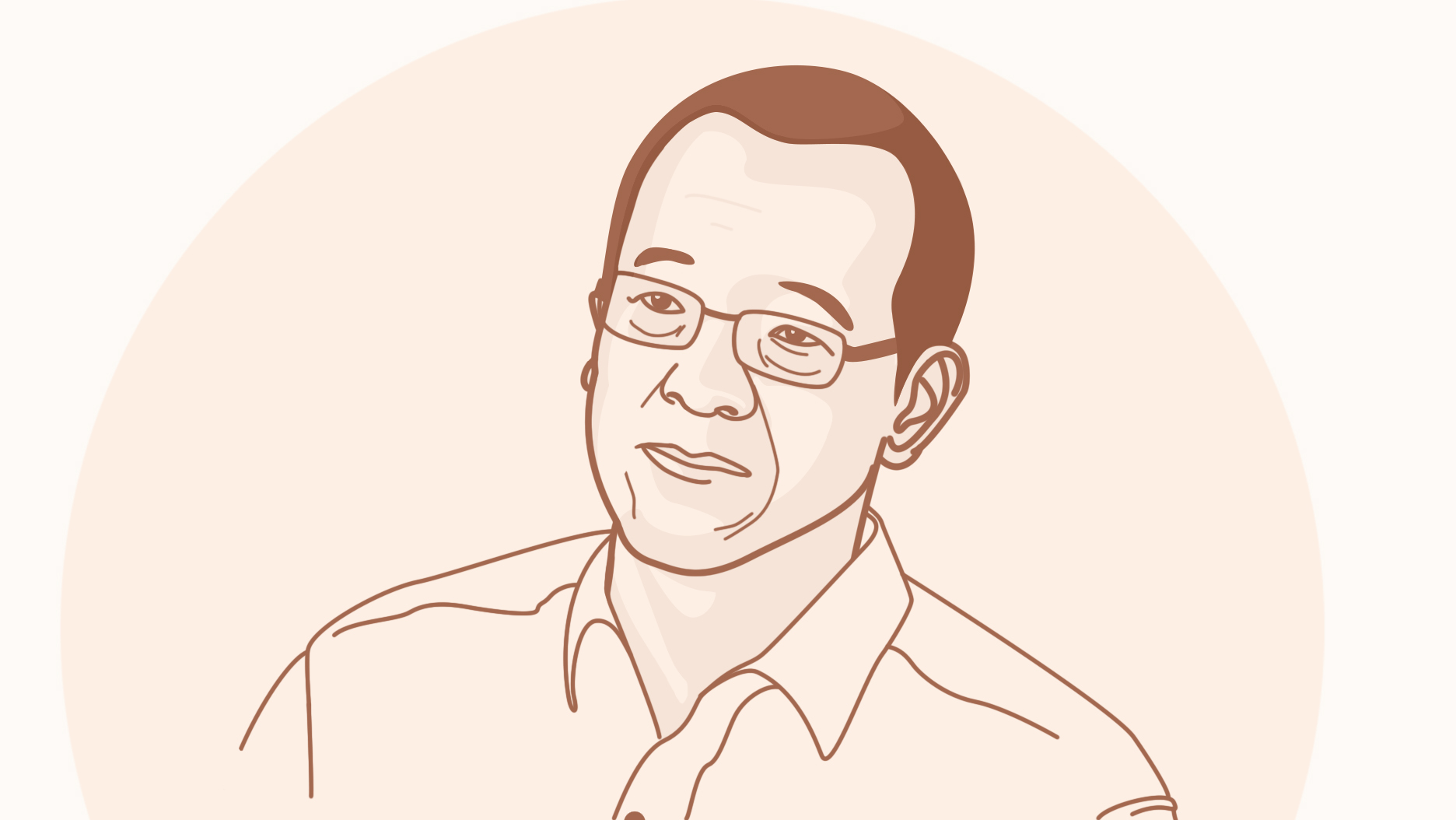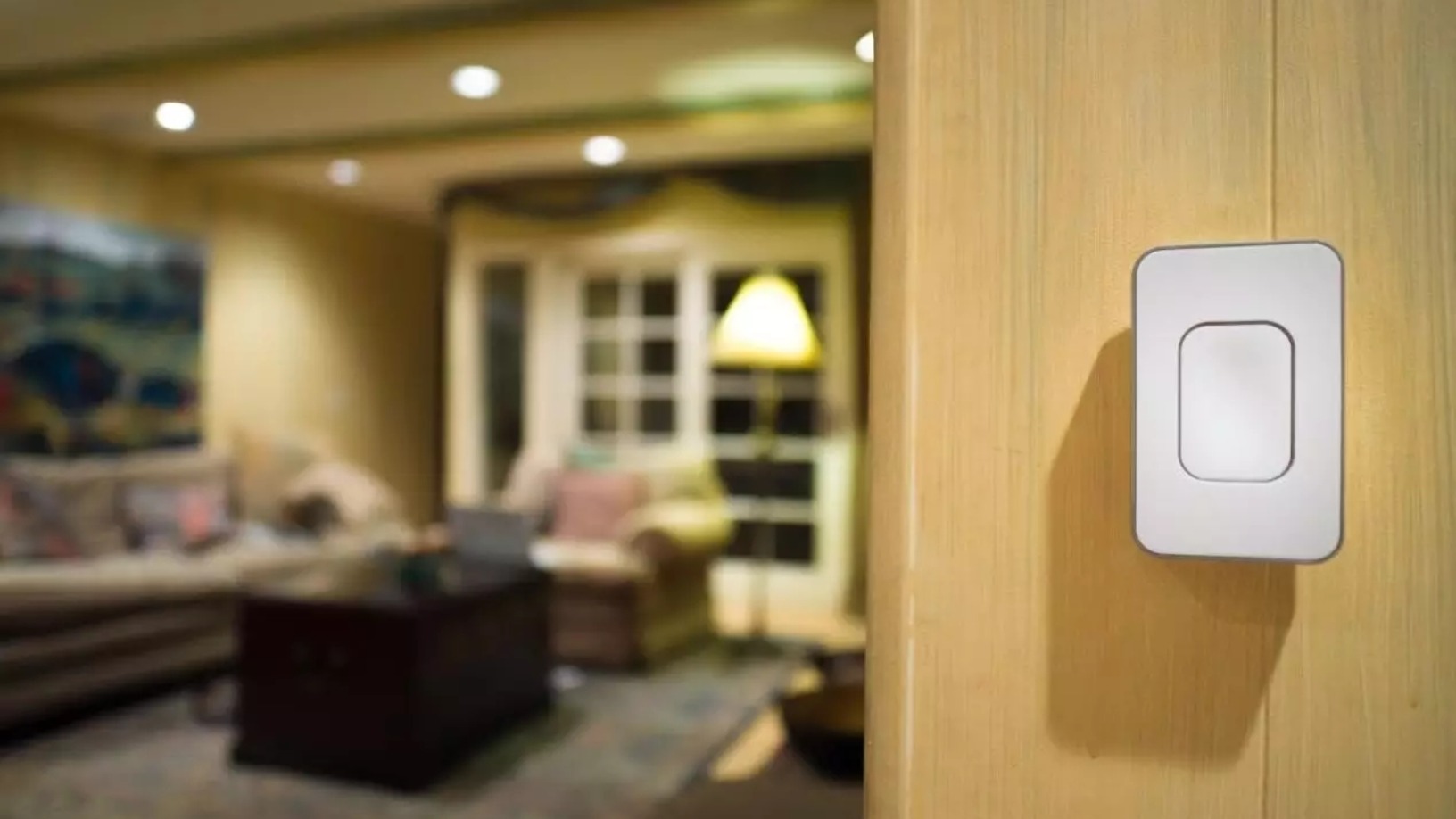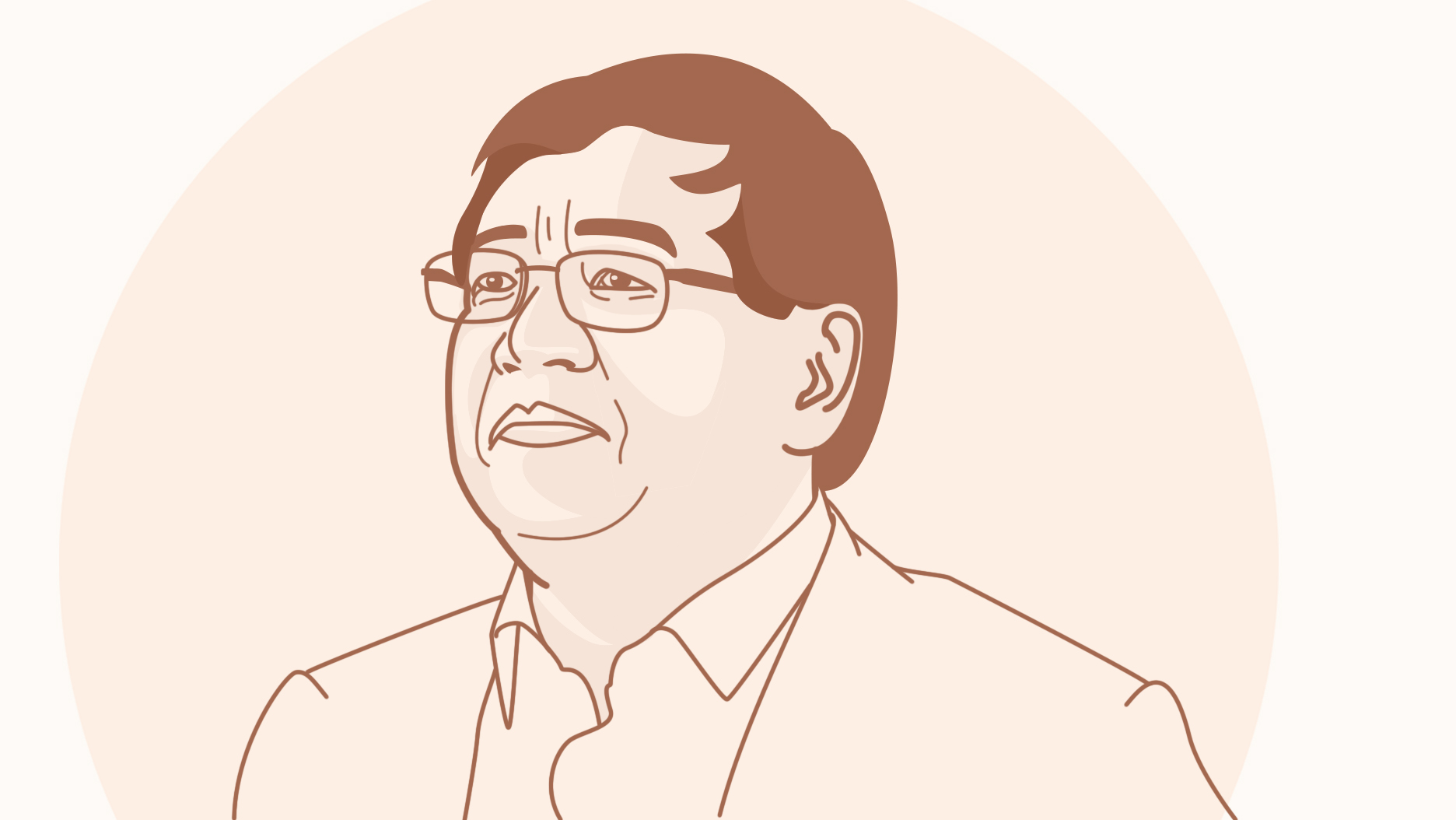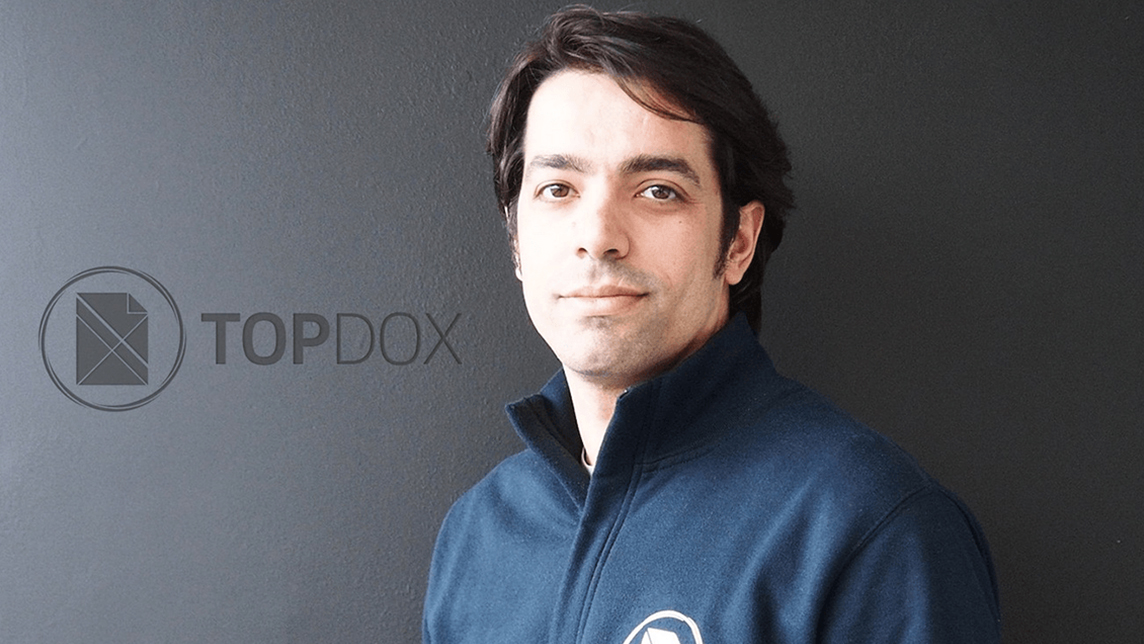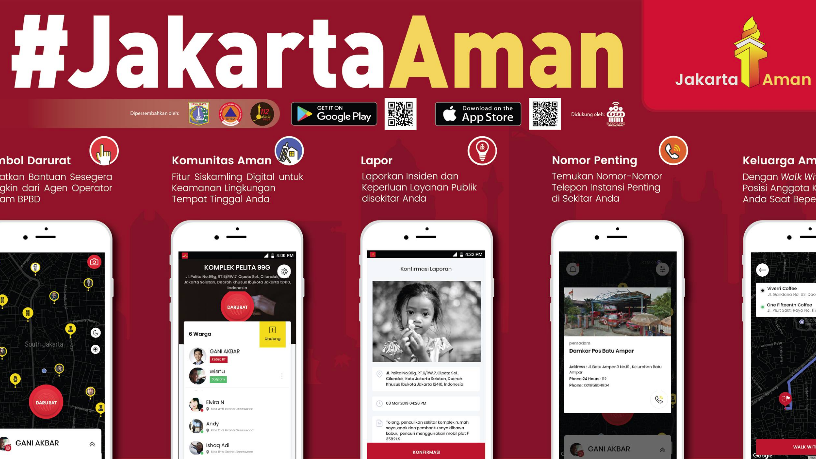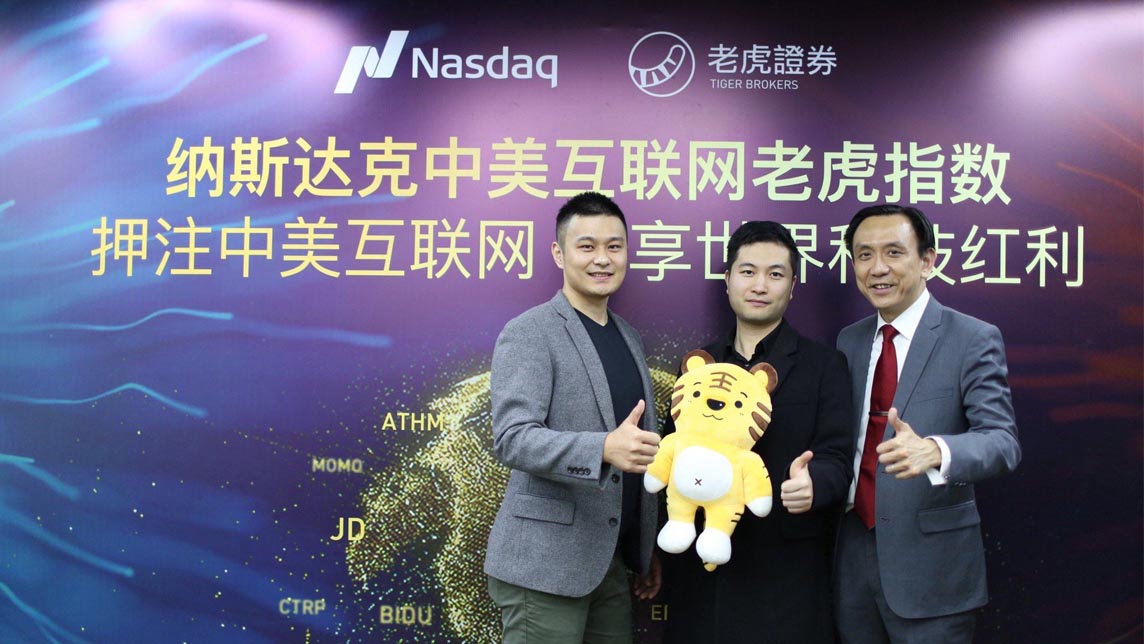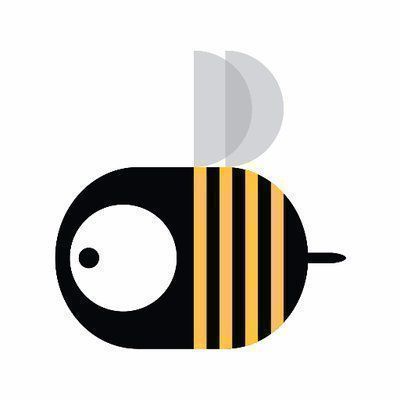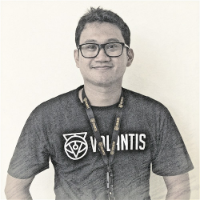failed
-
DATABASE (21)
-
ARTICLES (49)
Angel investor Grace Tahir, daughter of Indonesian banker and real estate tycoon, has a passion for tech startups. Besides her self-made billionaire father, business is also in her blood from her mother’s Riady conglomerate family. Married to Ronald Kumalaputra, she finally realised her dream of becoming a techpreneur in her own right. In 2012, she founded an app BibbyCam that failed less than two years later. Building on her experience in healthcare, as the Tahir empire owns hospitals in Indonesia, she created an online health portal, www.doktor.id offering free health consultations.
Angel investor Grace Tahir, daughter of Indonesian banker and real estate tycoon, has a passion for tech startups. Besides her self-made billionaire father, business is also in her blood from her mother’s Riady conglomerate family. Married to Ronald Kumalaputra, she finally realised her dream of becoming a techpreneur in her own right. In 2012, she founded an app BibbyCam that failed less than two years later. Building on her experience in healthcare, as the Tahir empire owns hospitals in Indonesia, she created an online health portal, www.doktor.id offering free health consultations.
Founder and CEO of Gouguanjia
Sun Li had his first (failed) startup in auto services, in 2013, and had previously worked for many years in an internet company.
Sun Li had his first (failed) startup in auto services, in 2013, and had previously worked for many years in an internet company.
Founder and CEO of Daojia Meishi (“Daojia”)
Undergrad Tsinghua University (Electronics); EMBA, University of Michigan Ann Arbor. Was senior vice-president of online media company Hurray, and founder of failed yellow pages startup. Later joined Lihua Fast Food, where he became CEO.
Undergrad Tsinghua University (Electronics); EMBA, University of Michigan Ann Arbor. Was senior vice-president of online media company Hurray, and founder of failed yellow pages startup. Later joined Lihua Fast Food, where he became CEO.
Co-founder of Sego
Founder of failed Daigou Net and later, Pet Guru app (began in 2013), which merged with Sego. Zhou was born in the 1990s, and was still a college student when he began starting his own businesses.
Founder of failed Daigou Net and later, Pet Guru app (began in 2013), which merged with Sego. Zhou was born in the 1990s, and was still a college student when he began starting his own businesses.
Founder and CEO of Idachu
A serial entrepreneur with two failed online-to-offline startups since 2011, in free parking and domestic help matching services, Xue is also a former marketing and social media specialist, having worked in the finance industry, Amazon, Baidu and CBSI.
A serial entrepreneur with two failed online-to-offline startups since 2011, in free parking and domestic help matching services, Xue is also a former marketing and social media specialist, having worked in the finance industry, Amazon, Baidu and CBSI.
Founder and CEO of Breadtrip
Avid traveler and entrepreneur Peng Tao holds a telecommunications degree from Huazhong University of Science and Technology, and a PhD from the University of Melbourne. He has visited over 40 countries and was a former consultant at McKinsey, as well as the founder of two failed startups.
Avid traveler and entrepreneur Peng Tao holds a telecommunications degree from Huazhong University of Science and Technology, and a PhD from the University of Melbourne. He has visited over 40 countries and was a former consultant at McKinsey, as well as the founder of two failed startups.
Co-founder and CEO of Habibi Garden
Dian Prayogi Susanto graduated in 2007 from Institut Teknologi Bandung, Indonesia. He had previously worked as lead engineer for Schlumberger. After two failed attempts at entrepreneurship, he met high school friend Irsan Rajamin. The two developed an idea to automate farming through the use of sensors, automatic pumps and analytics. In 2016, their idea manifested into Habibi Garden, an IoT startup that aims to automate farming and solve crop nourishment issues.
Dian Prayogi Susanto graduated in 2007 from Institut Teknologi Bandung, Indonesia. He had previously worked as lead engineer for Schlumberger. After two failed attempts at entrepreneurship, he met high school friend Irsan Rajamin. The two developed an idea to automate farming through the use of sensors, automatic pumps and analytics. In 2016, their idea manifested into Habibi Garden, an IoT startup that aims to automate farming and solve crop nourishment issues.
Co-founder and CEO of Jike Xueyuan (Geek College)
Co-author of China’s first Android development textbook, Jin Yan is also co-founder and CEO of Eoe, China’s largest Android development forum/online community. The Beijing University of Posts and Telecommunications graduate penned Android Development Introduction & Practice, although when at college, the only subject he failed was computing, which he blamed on the outdated teaching materials and teaching methods. Jin was an IT autodidact, learning mainly from the Internet.
Co-author of China’s first Android development textbook, Jin Yan is also co-founder and CEO of Eoe, China’s largest Android development forum/online community. The Beijing University of Posts and Telecommunications graduate penned Android Development Introduction & Practice, although when at college, the only subject he failed was computing, which he blamed on the outdated teaching materials and teaching methods. Jin was an IT autodidact, learning mainly from the Internet.
Co-founder of Jide Technology (Remix)
Stanford-educated Chau joined Google in 2000 as its 103rd staff, and was the first engineer on AdWords, RPC, Google Talk, among other projects, with expertise in Android development. He left Google in 2008 and became an angel investor. Among the companies in his portfolio, most failed except Lightinthebox.com, which went public on NYSE in 2013. Chau holds a BS in Electrical Engineering from Hong Kong University of Science & Technology; and an MS in Electrical Engineering from Stanford University.
Stanford-educated Chau joined Google in 2000 as its 103rd staff, and was the first engineer on AdWords, RPC, Google Talk, among other projects, with expertise in Android development. He left Google in 2008 and became an angel investor. Among the companies in his portfolio, most failed except Lightinthebox.com, which went public on NYSE in 2013. Chau holds a BS in Electrical Engineering from Hong Kong University of Science & Technology; and an MS in Electrical Engineering from Stanford University.
Co-founder and CTO of Worktile
Li earned his master’s degree in Software Engineering from Nankai University. He won the Microsoft Most Valuable Professional award four years in a row starting in 2007. From 2009 to 2011, Li was in charge of system architecture design at Fetion, an instant messaging tool developer. In 2011, he co-founded a startup that provided personalized reading recommendations, but it failed after eight months. Li co-founded Worktile with Wang Tao in late 2012.
Li earned his master’s degree in Software Engineering from Nankai University. He won the Microsoft Most Valuable Professional award four years in a row starting in 2007. From 2009 to 2011, Li was in charge of system architecture design at Fetion, an instant messaging tool developer. In 2011, he co-founded a startup that provided personalized reading recommendations, but it failed after eight months. Li co-founded Worktile with Wang Tao in late 2012.
Co-founder of Ximalaya
Before co-founding Ximalaya with Yu Jianjun, Chen Xiaoyu worked as an investment director at one of Thailand's largest conglomerates, Charoen Pokphand Group, in its China office. There, she supervised the Group’s investments in internet startups. With seed funding from the Group in 2009, Chen and Yu Jianjun founded their first startup, Na Li Shi Jie, building online virtual city maps. Though the business failed after two years, they utilised the rich experience they gained and founded the much more successful Ximalaya in 2012.
Before co-founding Ximalaya with Yu Jianjun, Chen Xiaoyu worked as an investment director at one of Thailand's largest conglomerates, Charoen Pokphand Group, in its China office. There, she supervised the Group’s investments in internet startups. With seed funding from the Group in 2009, Chen and Yu Jianjun founded their first startup, Na Li Shi Jie, building online virtual city maps. Though the business failed after two years, they utilised the rich experience they gained and founded the much more successful Ximalaya in 2012.
Co-founder of ATRenew (formerly Aihuishou)
Sun Wenjun graduated from Fudan University with a master’s degree in Computer Science. He worked as a research fellow at his alma mater, where he met his future business partner, Chen Xuefeng. After graduating, he worked at Sykes Enterprises as director of technology solutions, drawing an annual salary of RMB1 million. Sun later left his full-time job to co-found customer-to-customer (C2C) second-hand goods trading platform Leyi with Chen in 2010. When that business failed, they co-founded Aihuishou.
Sun Wenjun graduated from Fudan University with a master’s degree in Computer Science. He worked as a research fellow at his alma mater, where he met his future business partner, Chen Xuefeng. After graduating, he worked at Sykes Enterprises as director of technology solutions, drawing an annual salary of RMB1 million. Sun later left his full-time job to co-found customer-to-customer (C2C) second-hand goods trading platform Leyi with Chen in 2010. When that business failed, they co-founded Aihuishou.
Founder and CEO of Huajuan Mall
Han used to be in charge of marketing at car services provider Autohome. In 2009, she joined designer menswear e-retailer Masa Maso as its marketing director. In 2012, Han became CMO of online cosmetics retailer Lefeng.com. Several months later, she and her husband co-founded Wolonge.com, an online community for employees to write reviews about their employers. By late 2012, the website had over 1 million users, but it ultimately failed. In March 2016, Han founded Huajuan Mall.
Han used to be in charge of marketing at car services provider Autohome. In 2009, she joined designer menswear e-retailer Masa Maso as its marketing director. In 2012, Han became CMO of online cosmetics retailer Lefeng.com. Several months later, she and her husband co-founded Wolonge.com, an online community for employees to write reviews about their employers. By late 2012, the website had over 1 million users, but it ultimately failed. In March 2016, Han founded Huajuan Mall.
CEO and Co-founder of Meicai
A farmer's son who became an astronomer, Liu Chuanjun is also a serial entrepreneur. After his first startup (selling high-end organic food) failed after six months, Liu founded group-buying site Wowo (aka 55tuan), now Nasdaq-listed, which he sold it in 2011, to refocus on farm products. Liu majored in astronomy and holds a master’s from the Chinese Academy of Sciences, where his research areas included spaceflights of Chinese space program Shenzhou 6 and 7. He was born in 1982 in Shandong and goes home every year to help work the land.
A farmer's son who became an astronomer, Liu Chuanjun is also a serial entrepreneur. After his first startup (selling high-end organic food) failed after six months, Liu founded group-buying site Wowo (aka 55tuan), now Nasdaq-listed, which he sold it in 2011, to refocus on farm products. Liu majored in astronomy and holds a master’s from the Chinese Academy of Sciences, where his research areas included spaceflights of Chinese space program Shenzhou 6 and 7. He was born in 1982 in Shandong and goes home every year to help work the land.
Founder and CEO of Pinduoduo
Founder and CEO of Pinduoduo. Serial entrepreneur. The son of a factory worker, Huang received his BSc from Zhejiang University and his MSc from the University of Wisconsin-Madison, both in Computer Science. Upon the advice of a billionaire entrepreneur, he decided to join Google instead of Microsoft and, as a result, became financially independent within three years. Huang left Google in 2007. Before founding Pinduoduo, he started two other companies, both of which were profitable but failed to gain prestige. Looking to achieve renown, Huang started Pinduoduo in 2015.
Founder and CEO of Pinduoduo. Serial entrepreneur. The son of a factory worker, Huang received his BSc from Zhejiang University and his MSc from the University of Wisconsin-Madison, both in Computer Science. Upon the advice of a billionaire entrepreneur, he decided to join Google instead of Microsoft and, as a result, became financially independent within three years. Huang left Google in 2007. Before founding Pinduoduo, he started two other companies, both of which were profitable but failed to gain prestige. Looking to achieve renown, Huang started Pinduoduo in 2015.
- 1
- 2
HeyGo's shattered dreams: Promising P2P classified services platform failed to scale
With 96,000 monthly active users, classified services app HeyGo grew in user numbers, but not revenue. It soon declared bankruptcy
Next-generation social media app YouClap targets engagement over reach
Already valued at €5m one year after launching, the YouClap platform for online challenges will seek Series A investment before the end of 2019
Kuorum: a SaaS that enables citizen participation
Kuorum generates citizen engagement webpages in less than a minute to cope with Spain’s mandate of digitalizing administrative procedures by the end of 2020
CoolFarm: Why did Microsoft Portugal's Startup of the Year go bust?
The indoor-gardening tech startup went from winning awards to closing down with debts of close to €1m four years after its founding
Meituan-Dianping’s Wang Xing: From struggling copycat to IPO billionaire
As the internet startup sets to list in Hong Kong this week, we take a look back at the journey of its founder Wang Xing, once dubbed “the unluckiest serial entrepreneur”
Yu Minhong: Rags-to-riches education guru
When the New Oriental founder was working in the rice paddies as a teenager, it never occurred to him that he would become the richest teacher in China one day
Linptech: Smart home devices powered by movement
The first in China to tap kinetic energy to control smart home devices, Linptech has seen its wireless, battery-free products used in smart homes, and even at the Tokyo Olympics
EXCLUSIVE: Mexico’s Trendier invests in Chicfy as part of €1 million deal
Spain's most popular secondhand fashion marketplace and media darling gets lifeline as it struggles financially to stay afloat
Bob Xu, one of China's first and most successful angel investors
Known for his whimsical investment style, Xu has caught a number of unicorns
Jorge Dobón of Demium Startups: Precocious founder who prizes risk and failure
Thanks to its unique pre-incubation model, Jorge Dobón’s Demium Startups has supported hundreds of startups in less than six years, with a portfolio worth €130 million
After a Covid-led boom in 2020, what next for China's K-12 edtech?
Unicorns Yuanfudao and Zuoyebang raised more than $6bn combined last year as demand for online learning continues to grow, but some smaller players are running out of cash
TOPDOX relaunched: from consumer to corporate
Half a million users later, productivity software startup TOPDOX made the jump to B2B. Its co-founder and CEO, Nelson Pereira, tells us why
Jakarta Aman uses social networking to improve neighborhood security
Backed by Jakarta's provincial government and MDI Ventures, neighborhood security app Jakarta Aman seeks to reignite the “gotong royong” spirit to keep communities safe
Tiger Brokers, a Chinese online brokerage for trading foreign stocks, announces US IPO
The Jim Rogers-backed fintech startup wants to raise US$150 million as it sees growing demand from younger Chinese investors
This voice technology startup empowers both developers and machines
AISpeech shifted its business from education to IoT but has always remained focused on voice interaction between humans and machines
Sorry, we couldn’t find any matches for“failed”.


